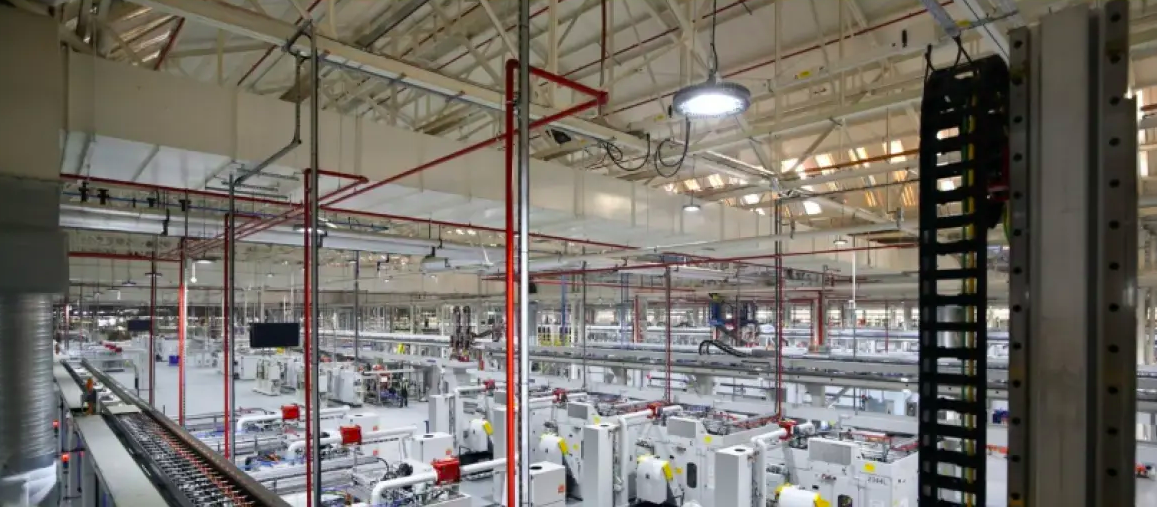The Greek manufacturing sector remained on an upward trajectory in August, according to the latest PMI survey data from S&P Global, although the growth rate slowed once again. Specifically, the seasonally adjusted S&P Global Purchasing Managers’ Index (PMI) for the Greek manufacturing sector closed at 52.9 points in August, down from 53.2 points in July, indicating a steady but slower improvement in the sector’s health. Operational conditions have been improving on a continuous monthly basis since February 2023; however, the recent growth rate was the weakest recorded since last December.
The slower increase in production during August contributed to the less robust rise. Greek manufacturers participating in the survey reported that the larger influx of new orders supported the rise in production, but the growth rate weakened to the mildest recorded since September 2023.
Although new sales increased further in mid-Q3, the rate of growth slowed for the fifth consecutive month and was the weakest recorded so far in 2024. Panel members reported that customer demand remained steady; however, some customers in Europe were more hesitant with their purchases. Export orders increased at only a marginal rate. Although stronger than the survey average, the rate of increase was the slowest recorded over an eight-month period.
Delays in shipping and logistical problems from suppliers remained evident in August, as supply delivery times lengthened to the greatest extent recorded since January. Supplier performance worsened significantly for the ninth consecutive month.
Despite a slower pace, the input costs for Greek goods producers increased sharply in August. According to survey participants, higher shipping costs along with increased input prices, including metals, supported the rise.
Correspondingly, output charges increased at a historically high rate, although it was slower than in July. Selling prices rose for the twelfth consecutive month.
The slower increase in new orders burdened input purchases and employment growth in August. Both growth rates weakened and were the mildest recorded so far in 2024, as companies reported adequate production capacity to handle incoming new work and utilize inventories to meet order requirements.
Meanwhile, inventories of both supplies and finished goods decreased in mid-Q3. Finished goods inventories contracted at a faster rate, as companies reported a renewed decline in inventory purchases. Although only marginal, the rate of reduction in supplies inventories was the fastest recorded since April.
Greek manufacturers remained optimistic about increased production over the next year, due to planned investments, hopes for stronger demand conditions, and increased activity in the construction sector. Nevertheless, concerns about weakening sales conditions negatively impacted optimism levels, which fell to the lowest recorded since November 2022.
Ask me anything
Explore related questions





